Ever since Facebook announced its partnership with Luxxotica brand Ray-Ban to produce smartglasses, the augmented reality space has been on high alert awaiting more details.
Unfortunately, those details have been scarce, until now. During a session at the Paris Viva Technology conference, Facebook CEO Mark Zuckerberg offers a bit more detail on what the company has planned.
• Don't Miss: Why the Nightmare Scenario of Facebook's Quest VR Advertisements Is Actually a Win, & Will Ultimately Boost AR
The Zuckerberg session followed the opening chat from Apple CEO Tim Cook earlier this week, where he also talked up the future of AR products at the Cupertino computer maker. Like Cook, Zuckerberg didn't flat out announce a new product, but he did deliver a bit more color to help us understand what kind of wearable to expect this year from Facebook Reality Labs.
"For virtual reality, there are a few there are fewer constraints there because you tend to be doing it in your home or in an office, and you're not sitting in a meeting with another person. But for augmented reality, that's where it gets really tough because we're basically going to have to deliver all this technology in what will end up being a normal-looking pair of glasses," said Zuckerberg, touching upon the company's wearable aspirations.
"We're basically trying to fit a super computer into a pair of glasses that can do things like put holograms into the world and do all this 3D rendering that hasn't really ever been done before in this tiny form factor. And we have to deal with problems like not only getting enough compute power to be able to make that work, but having it not get so hot that it becomes uncomfortable on your face and having it so that in a pair of glasses we can fit a battery that will last all day."
And while Zuckerberg doesn't reveal exactly how Facebook's 2021 wearable will work, he does offer an road map that helps fill in a couple of blanks that AR insiders have been wondering about.
"While AR glasses of the type that I'm talking about don't exist yet—all the technology challenges haven't haven't been worked out yet, I think we're still a few years away from this—one of the things that I am excited about is we're partnering with EssilorLuxottica to ship a pair of smart Ray-Ban glasses this year," said Zuckerberg.
"They're not going to be augmented reality glasses, but they're going to be smart glasses that basically look and feel like Ray-Bans, but can add a lot more technology and interesting use cases that we'll get into at some point over the over the next couple of months. I'm really excited for that collaboration, I think that that's gonna be a great product that's on the path to the future that we're building here."
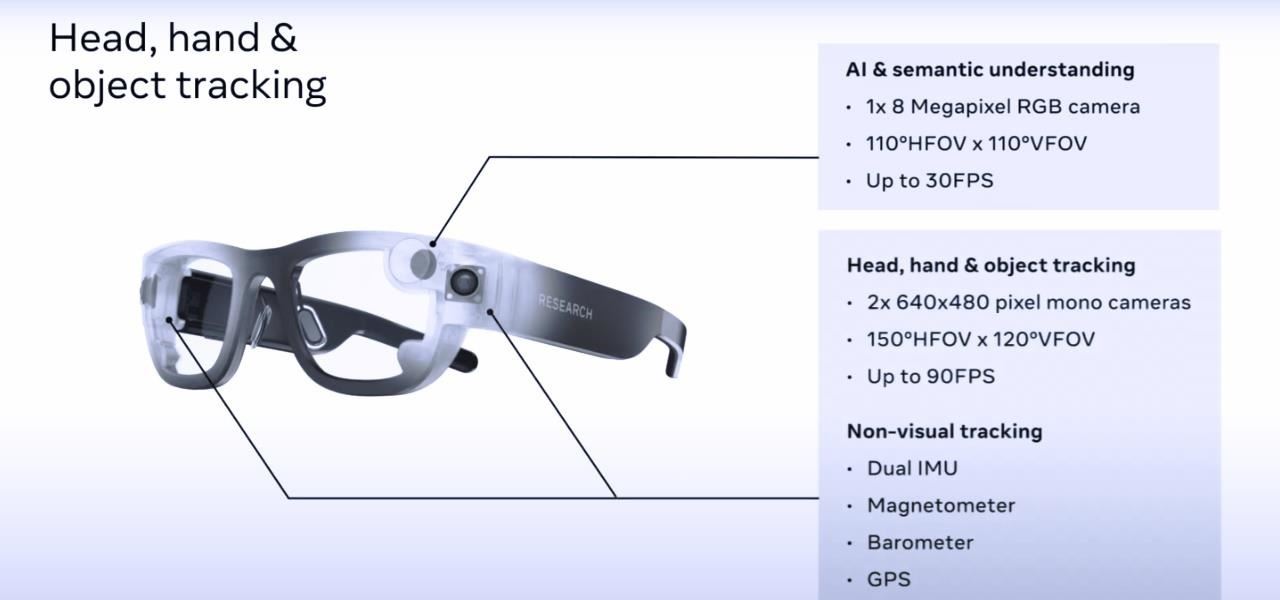
So there you have it. Essentially, it's an indication that while the Project Aria demos we've been treated to do in fact exist, the completely separate Ray-Ban branded product we're about to get this year may not be representative of what Facebook has shown off with Project Aria. More likely, the device will be a notification, photo-taking, and audio device—think Amazon's Echo Frames meets first-generation Snap Spectacles.
Hopefully, given the high-end brand connection, Facebook will do a better job than Amazon. I had an Amazon Echo Frames review planned, but the already limited device broke down the second time I powered it up and tried to use it. The build quality of the Echo Frames (and I'm talking about the very latest versions that come in multiple colors) are poor and don't seem ready for prime-time everyday wear.
I've long suspected that this incremental approach, pioneered by companies like Snap and its camera-focused Spectacles, is also the way Apple will likely dive into the smartglasses game. In the coming months and years, we'll probably see a wide range of notifications/photo/audio/touch control/vibration-based smartglasses as various companies inch their way toward full-fledged AR smartglasses.
Finally, Zuckerberg, in a roundabout way, addressed the recent flurry of criticism leveled at Facebook over its decision to insert advertisements into it VR experience (a move that is likely a precursor to how it will subsidize its smartglasses offerings as well).
"To support the type of development and talent that is going to exist in virtual and augmented reality they are going to need to be a lot of different business models," said Zuckerberg.
"I didn't mention advertising, but of course that's an incredibly important part of this and an area where we have a lot of strength that we can bring to helping creators and developers monetize. Right now, if you compare the size of virtual and augmented reality to mobile phones, or even game consoles, it's a lot smaller, which means that if you're a developer and you're choosing today 'where should I go develop to make the most money,' we really need to make the monetization work in order to earn the time and attention and focus of the best developers to build content for these new platforms."
These sentiments echo my analysis earlier this week in which I made the case that Facebook's VR advertisements won't just help VR survive, they will also eventually help AR thrive.
As for Facebook's smartglasses, the clock is ticking, but based on his comments this week, we may see them sooner than we expect in 2021.
Just updated your iPhone? You'll find new features for Podcasts, News, Books, and TV, as well as important security improvements and fresh wallpapers. Find out what's new and changed on your iPhone with the iOS 17.5 update.
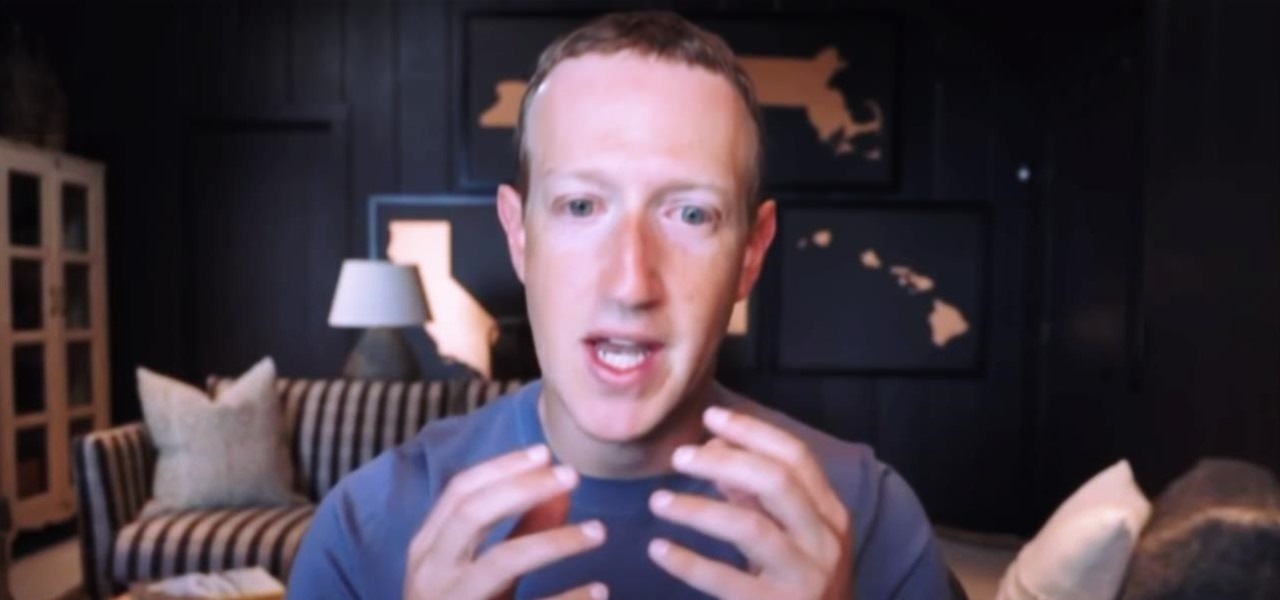


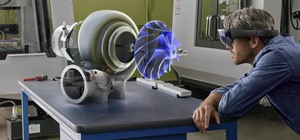


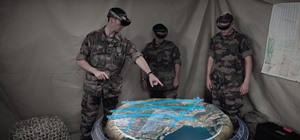
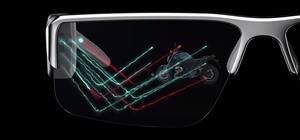
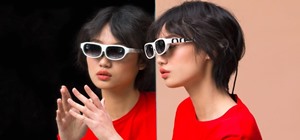
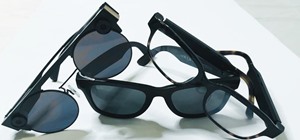
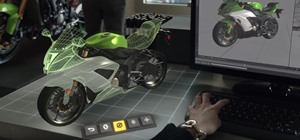

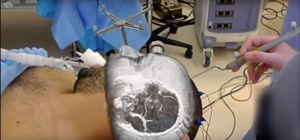

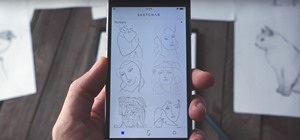
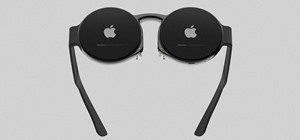

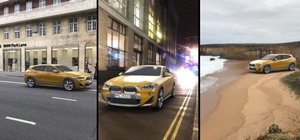

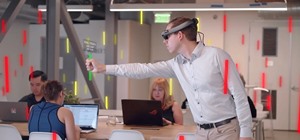
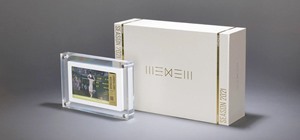

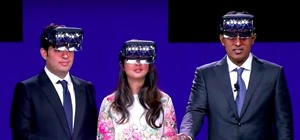

Be the First to Comment
Share Your Thoughts